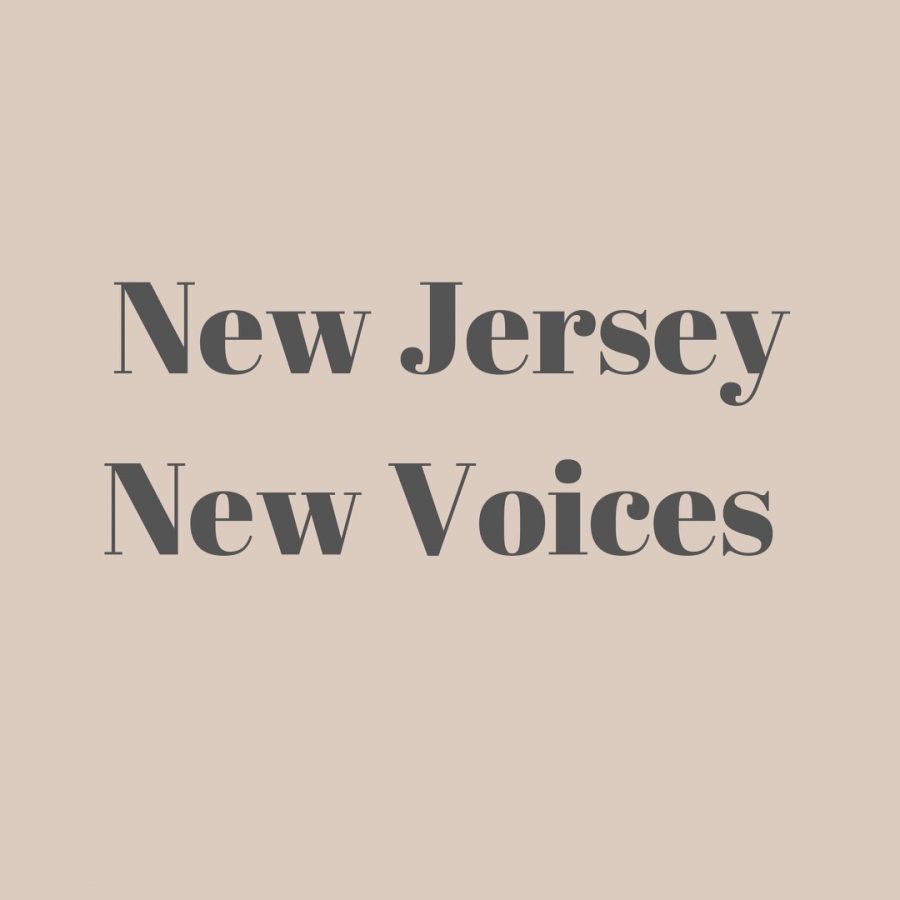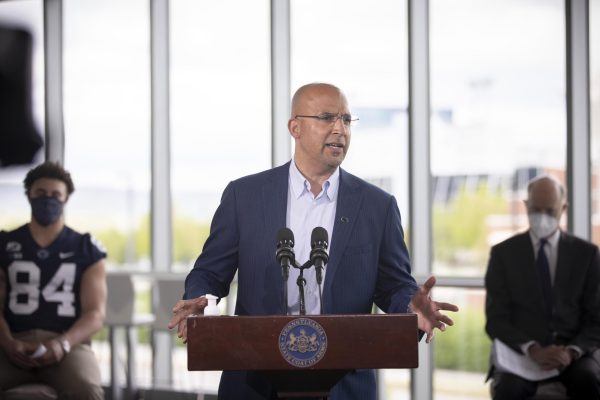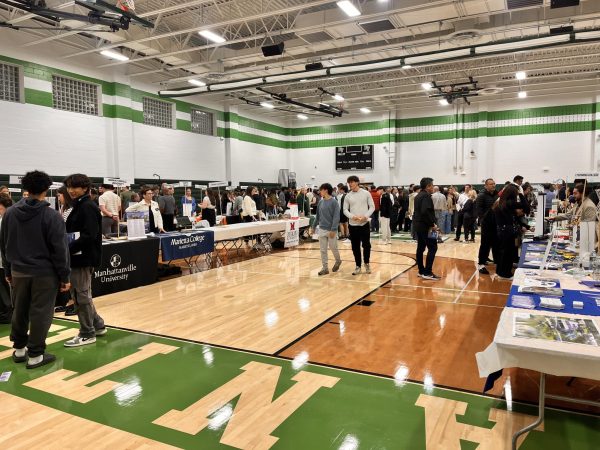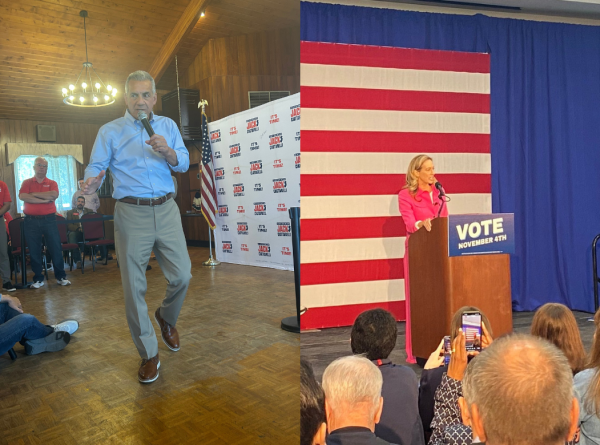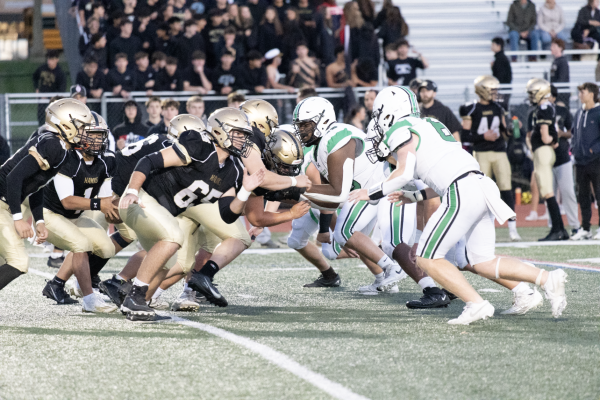‘Our opinions matter’
New Voices legislation essential to stop student journalists from being censored
A journalist in North Carolina wanted to write a story on how schoolwide grades had recently been dropping, but the administration stopped her.
A journalist in Kentucky wanted to write a story about the lack of spirit at her school, but the administration stopped her.
Censorship has been and continues to be an issue for high school journalists.
As a new high school journalist last year, I was blindsided by how widespread the issue of censorship was until I attended the New Voices Student Leaders Institute. From July 6 to July 9, my knowledge of scholastic First Amendment rights expanded as I learned more from instructors such as Hillary Davis, and collaborated with student journalists from all over the United States.
Davis is the New Voices Advocacy and Campaign Organizer for the Student Press Law Center (SPLC), which hosted the virtual event. The SPLC is a nonprofit organization that provides support and resources for student journalists and advisers.
The SPLC coordinates efforts nationwide for New Voices legislation, which aims to protect the First Amendment rights of student journalists and advisers and is centered around state-based activists. Ala., Calif., Colo, Ill., Iowa., Kan., Md, Mass., Nev., N.D., Ore., R.I., Vt., and Wash. have passed some version of New Voices legislation.
Advocates have worked since 2015 to advance New Voices legislation in NJ.
The NJ Senate passed Bill S108, which concerns speech rights of student journalists at public schools, by a vote of 40-0 in January. Currently, the bill now has 20 co-sponsors, which includes 11 Democrats and nine Republicans.
At the SPLC event in July, I met Sara Fajardo, a current senior at Governor Livingston High School and fellow NJ journalist. Together we brainstormed ideas to raise awareness in our state. As a result, I started a petition, and she started a NJ New Voices Instagram account (@njnewvoices).
One of the speakers at the SPLC event was Mary Beth Tinker, who was famously suspended from school along with her brother and his friend in 1966 for wearing armbands to protest the Vietnam War. They were told to not return until they removed the armbands, and the family responded by embarking on a four-year court battle. The case eventually ended up in the Supreme Court, which ruled that students do not “shed their constitutional rights to freedom of speech or expression at the schoolhouse gate.”
I was inspired by Tinker’s story about how she had won and beat the odds. Some people think that because we are young, our opinions aren’t valid, but that isn’t true.
We matter, our opinions matter, and people need to start seeing that.
The readers and audience deserve to know what is going on, and censorship is a countrywide issue for students everywhere.
Student journalists deserve the same First Amendment rights as other journalists. If we don’t have something as simple as a voice, what do we have? If we don’t even have our First Amendment rights, what do we have?
New Voices has fought for the rights of student journalists for years, and now that more students are getting involved, this will be the year we bring it home.
New Voices FAQ by Sarah Buttikofer
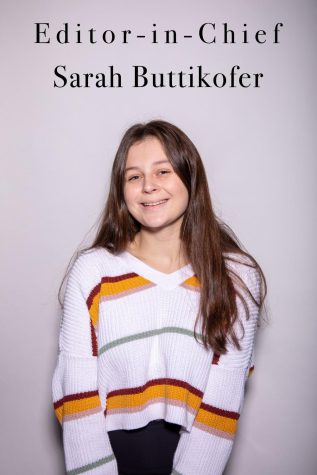
Sarah Buttikofer is a senior who joined the publication during her freshman year as a staff writer. She was an editor during her sophomore year and become...


